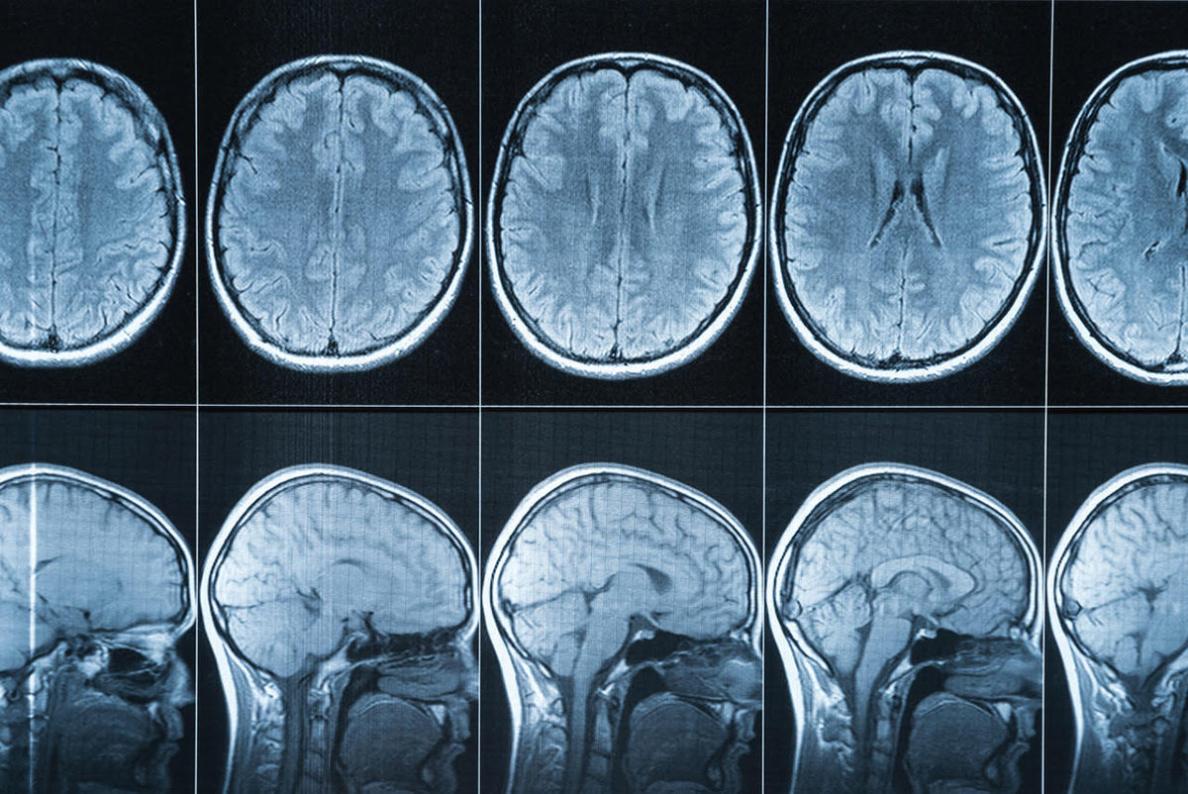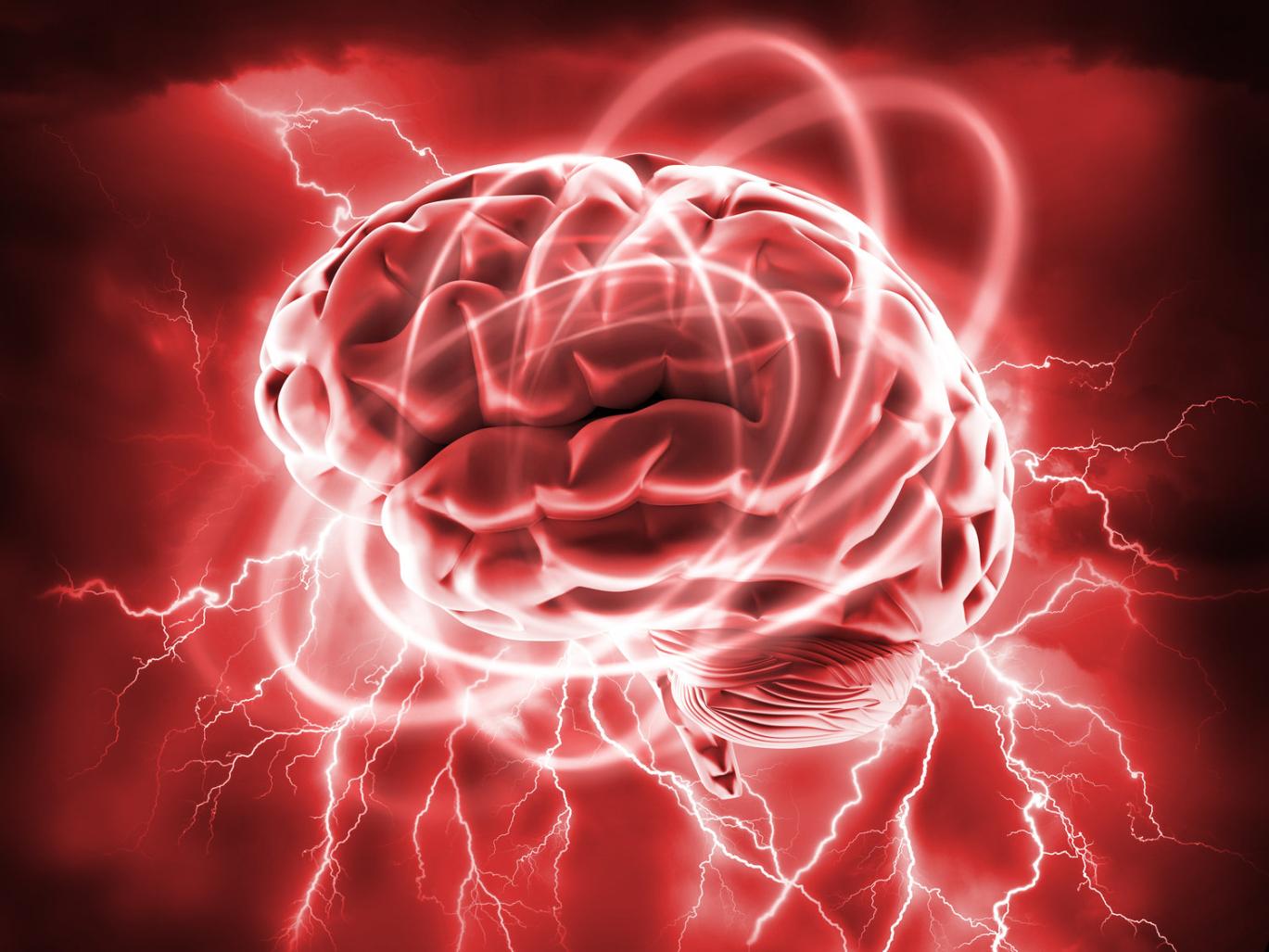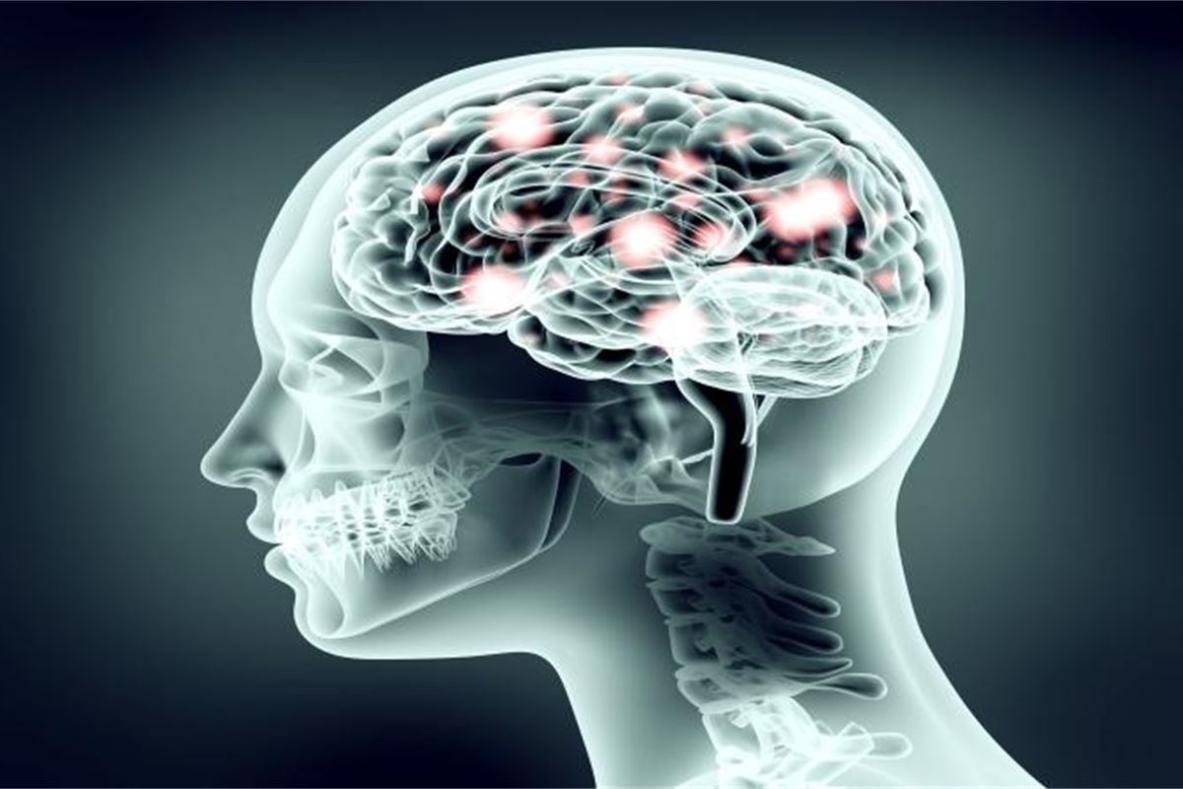What Resources Are Available to Help People with Brain Disorders?
Brain disorders are a group of conditions that affect the structure or function of the brain, leading to a wide range of symptoms and impairments. These disorders can have a profound impact on individuals, their families, and society as a whole.

Prevalence And Impact Of Brain Disorders:
- Brain disorders are highly prevalent, affecting millions of people worldwide.
- They can occur at any age, from childhood to old age.
- Brain disorders can cause a variety of symptoms, including memory loss, cognitive impairment, movement disorders, seizures, and changes in mood and behavior.
- These disorders can lead to significant disability, reduced quality of life, and increased healthcare costs.
Importance Of Seeking Help And Accessing Resources:
If you or someone you know is experiencing symptoms of a brain disorder, it is crucial to seek help from a healthcare professional as soon as possible.
- Early diagnosis and intervention can improve outcomes and slow the progression of the disorder.
- There are a variety of resources available to help people with brain disorders, including medical treatments, support services, and financial assistance.
- Accessing these resources can help individuals manage their symptoms, improve their quality of life, and live more fulfilling lives.
Types Of Brain Disorders:
Brain disorders can be classified into several broad categories based on their underlying causes and symptoms.
- Neurodegenerative disorders: These disorders are characterized by the progressive loss of nerve cells in the brain. Examples include Alzheimer's disease, Parkinson's disease, and amyotrophic lateral sclerosis (ALS).
- Mental health disorders: These disorders affect a person's thoughts, feelings, and behavior. Examples include depression, anxiety, schizophrenia, and bipolar disorder.
- Traumatic brain injuries (TBI): These injuries are caused by a sudden impact to the head. TBIs can range from mild concussions to severe injuries that can lead to permanent disability or death.
- Stroke: A stroke occurs when the blood supply to a part of the brain is interrupted. Strokes can cause a variety of symptoms, depending on the location and severity of the injury.
- Epilepsy: Epilepsy is a neurological disorder characterized by recurrent seizures. Seizures are sudden, uncontrolled bursts of electrical activity in the brain.
Resources For People With Brain Disorders:
There are a wide range of resources available to help people with brain disorders and their families.
Medical Resources:
- Neurologists and psychiatrists: These healthcare professionals specialize in the diagnosis and treatment of brain disorders.
- Specialized clinics and hospitals: Many hospitals and clinics offer specialized care for people with brain disorders.
- Rehabilitation centers: These facilities provide rehabilitation services to help people with brain disorders regain lost skills and improve their quality of life.
- Clinical trials: Clinical trials offer an opportunity for people with brain disorders to access new and innovative treatments.
Support Services:
- Support groups: Support groups provide a safe and supportive environment for people with brain disorders and their caregivers to connect with others who are facing similar challenges.
- Counseling and therapy: Counseling and therapy can help people with brain disorders manage their symptoms and improve their coping skills.
- Respite care: Respite care provides temporary relief for caregivers of people with brain disorders.
- Home health care: Home health care services can provide assistance with activities of daily living, such as bathing, dressing, and medication management.
Financial Assistance:
- Government programs: Government programs such as Medicare and Medicaid provide financial assistance for people with brain disorders.
- Private insurance: Private insurance may cover the costs of medical treatment, rehabilitation, and support services for brain disorders.
- Non-profit organizations: Many non-profit organizations provide financial assistance to people with brain disorders and their families.
- Crowdfunding platforms: Crowdfunding platforms allow individuals to raise money from the public to help cover the costs of medical treatment and other expenses.
Advocacy And Awareness:

Advocacy and awareness play a crucial role in improving the lives of people with brain disorders.
- Advocacy organizations: Advocacy organizations work to raise awareness of brain disorders, promote research, and advocate for policies that support people with brain disorders and their families.
- Public awareness campaigns: Public awareness campaigns aim to educate the public about brain disorders and reduce stigma.
- Research funding initiatives: Research funding initiatives support research into the causes, treatments, and prevention of brain disorders.
Brain disorders are a serious public health concern, affecting millions of people worldwide. However, there are a variety of resources available to help people with brain disorders and their families.
- It is important to seek help from a healthcare professional as soon as possible if you or someone you know is experiencing symptoms of a brain disorder.
- Accessing available resources can help individuals manage their symptoms, improve their quality of life, and live more fulfilling lives.
- Advocacy and awareness efforts are also essential for improving the lives of people with brain disorders and their families.

With continued research and support, we can work towards a future where brain disorders are better understood, prevented, and treated.
YesNo

Leave a Reply